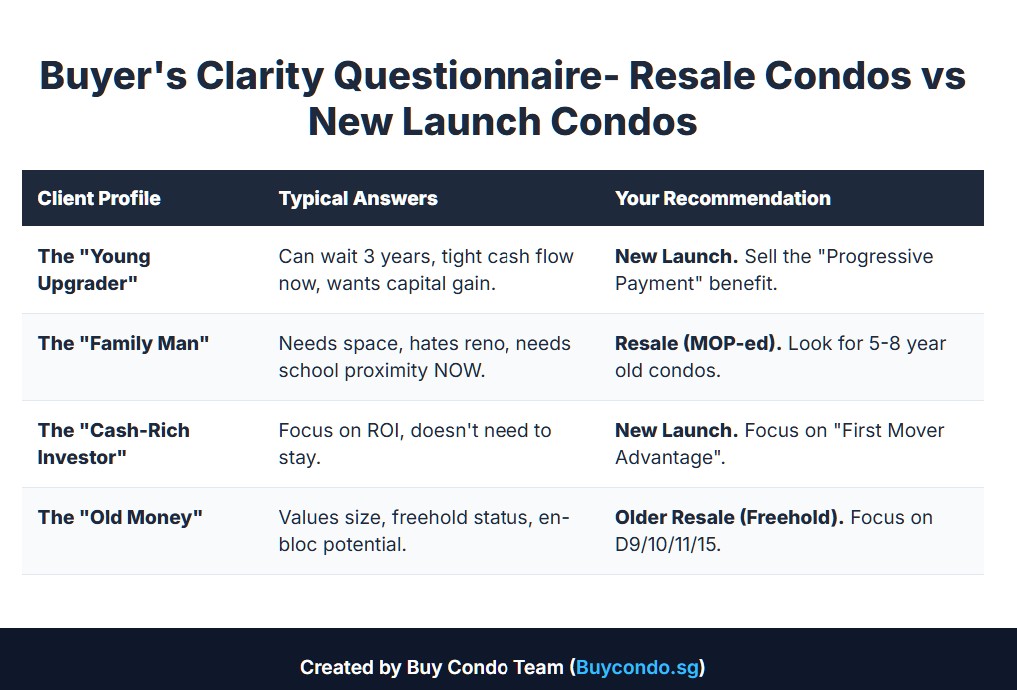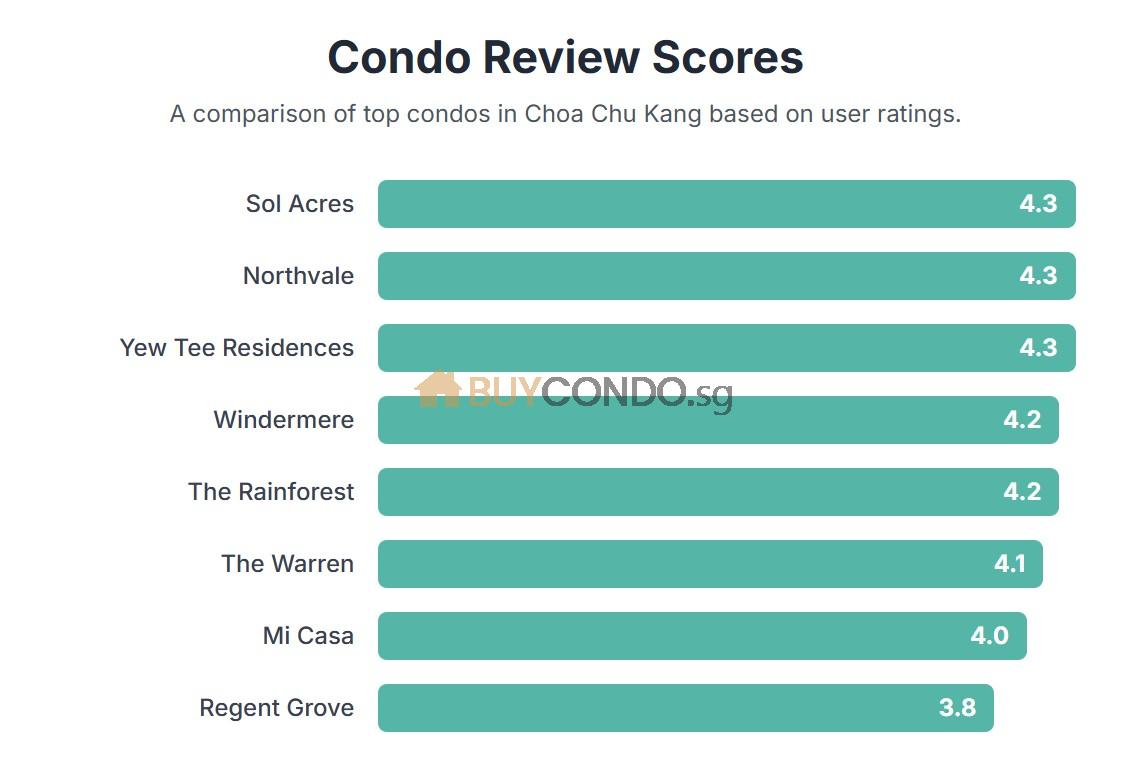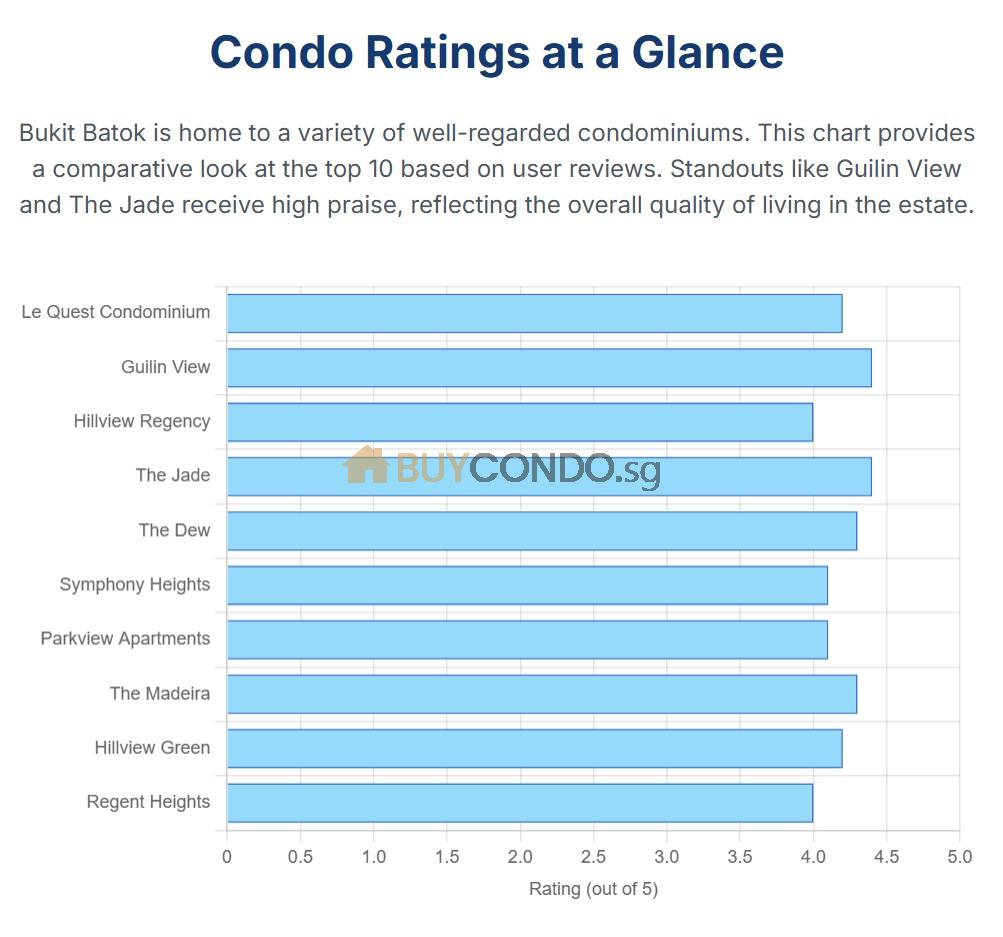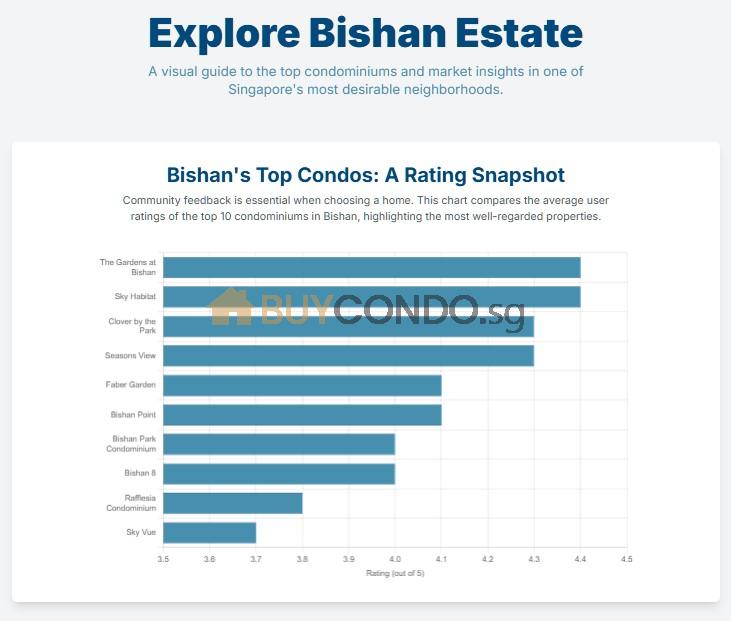How to select buyers for home sale
A comprehensive guide on how to choose the right buyer when selling your home, covering topics such as the financial qualifications, communications, the role of real estate agents, pricing strategies, effective marketing techniques, negotiating with multiple buyers, selecting the best offer, legal and financial considerations, and timing the sale for optimal results.

Introduction to Choosing Buyers for Your Home Sale
Selecting the right buyer when selling your home goes beyond just finalizing a deal; it sets the tone for a smooth transition that benefits both parties. By carefully evaluating potential buyers based on various criteria, sellers can ensure a successful sale that meets their specific needs and preferences. For example, a financially qualified buyer who presents a mortgage pre-approval letter demonstrates their seriousness and signifies their ability to secure financing for the purchase, expediting the process and ensuring a reliable and timely closing. Understanding the motivations and timelines of potential buyers can also influence decision-making and negotiation strategies, ultimately leading to a more seamless and successful transaction.
When entering the home-selling process, it’s essential to approach buyer selection with a strategic mindset. Beyond looking for the highest offer, sellers should consider factors such as the buyer’s financial readiness, communication style, and flexibility in meeting the seller’s terms. By aligning these aspects with their preferences and goals, sellers can choose the buyer who is not only willing to pay the right price but also capable of navigating the transaction smoothly. This careful selection process can establish a positive selling experience and a successful closing process.
Incorporating insights from real estate professionals and market trends, sellers can gain a competitive edge in selecting the most suitable buyer for their home. By leveraging the expertise of experienced agents with a strong local network, sellers can tap into valuable connections and insights that can streamline the buyer selection process. Furthermore, understanding buyer behavior and market dynamics can provide sellers with a nuanced perspective on selecting the right buyer who not only meets their financial criteria but also resonates with the unique aspects of their property. With the guidance of skilled professionals and a keen awareness of market trends, sellers can navigate the buyer selection process with confidence and maximize their chances of a successful sale.
Understanding Buyer Qualification
 Financial Qualification of Buyers
Financial Qualification of Buyers
Buyers with a mortgage pre-approval letter demonstrate their readiness to secure financing for the purchase, indicating a higher level of commitment and reliability in the transaction. This financial preparedness not only expedites the closing process but also minimizes the risk of complications related to loan approval. Requesting proof of funds or a mortgage pre-approval letter from potential buyers can provide sellers with the assurance that the buyer has the financial capability to follow through on the purchase. By prioritizing financially qualified buyers, sellers can increase the likelihood of a smooth and successful home sale process.
Transparent communication between sellers and buyers is crucial in establishing trust and clarity throughout the transaction. By openly discussing property details, pricing considerations, and potential contingencies, sellers can ensure that buyers understand the expectations and requirements involved in the sale. This transparency fosters a positive relationship between both parties and reduces the likelihood of misunderstandings or disputes during the negotiation and closing stages. Clear communication can help manage expectations and create a collaborative atmosphere conducive to a successful home sale process.
Transparency and Communication
In real estate transactions, transparency and communication are key elements that can significantly impact the overall success of a home sale. Establishing open and honest communication with buyers regarding all aspects of the property, including any known issues or disclosures, helps build trust and credibility throughout the transaction. By providing buyers with accurate and detailed information about the property, sellers can avoid potential conflicts or legal issues arising from misrepresentation or lack of transparency. Clear communication also extends to discussions about pricing, costs, and possible contingencies, allowing both parties to navigate the sale process clearly and confidently.
The role of transparency in the home selling process extends beyond just property details; it also encompasses open communication about pricing strategies, negotiation terms, and any potential challenges that may arise during the transaction. By being transparent about their expectations and requirements, sellers can set a clear framework for negotiations and ensure that all parties are on the same page regarding the terms of the sale. Transparent discussions about pricing considerations, costs, and potential contingencies help manage buyer expectations and prevent misunderstandings that could derail the transaction. This open and honest approach fosters a collaborative atmosphere that is essential for a successful home sale experience.
The Role of Real Estate Agents in Buyer Selection
Real estate agents play a pivotal role in the buyer selection process, leveraging their expertise and industry knowledge to identify qualified buyers who align with the seller’s preferences. An experienced agent with a strong local network can utilize their connections to pinpoint potential buyers who are financially qualified and genuinely interested in the property. For example, an agent who understands the nuances of the local market can provide valuable insights into buyer behavior and preferences, guiding sellers in selecting the most suitable buyer for their home.
In addition to facilitating connections and providing market insights, real estate agents serve as valuable intermediaries during the negotiation process, ensuring that the seller’s interests are protected while maintaining a positive rapport with potential buyers. Skilled agents can handle the delicate balance of buyer-seller negotiations, advocating for their clients’ needs and preferences while fostering a collaborative atmosphere that is conducive to a successful sale. By entrusting the buyer selection process to a knowledgeable agent, sellers can navigate the complexities of real estate transactions with confidence and expertise.
Real estate agents bring a wealth of experience and industry knowledge to the buyer selection process, offering valuable guidance and support to sellers throughout the transaction. By tapping into their expertise, sellers can benefit from insights into market trends, buyer behavior, and negotiation strategies that can enhance the buyer selection process. Furthermore, skilled agents can provide personalized recommendations and tailored solutions based on the seller’s unique needs and preferences, ensuring that the selected buyer aligns with their goals and expectations. With the guidance of a knowledgeable real estate agent, sellers can navigate the complexities of the home selling process with ease and confidence, ultimately leading to a successful and seamless transaction.
 Pricing Your Home Competitively
Pricing Your Home Competitively
Competitive pricing is a crucial aspect of attracting potential buyers and maximizing the chances of a successful sale. By setting the right price based on a comprehensive market analysis, sellers can position their property competitively and generate interest from a wide pool of buyers. For example, pricing a property too high can deter potential buyers, while pricing it too low may undervalue the property, leading to missed opportunities. By conducting a thorough evaluation of market trends, property features, and buyer demand, sellers can determine the optimal price that reflects the true value of their home.
Furthermore, correct pricing from the outset can prevent a property from languishing on the market and potentially receiving lower offers over time. By strategically pricing the home based on its unique attributes, location, and market conditions, sellers can attract motivated buyers who recognize the property’s value. For instance, highlighting key selling points such as a newly renovated kitchen, a spacious backyard, or proximity to amenities can justify a competitive price that resonates with potential buyers. By aligning the pricing strategy with the property’s market value and buyer expectations, sellers can increase the likelihood of receiving compelling offers and achieving a successful sale.
In addition to competitive pricing, sellers should consider innovative pricing strategies that can differentiate their property in a competitive market. Offering incentives such as covering closing costs, including furniture or appliances in the sale, or providing a flexible closing timeline can make the property more appealing to buyers. For example, offering a home warranty or a credit for upgrades can sweeten the deal for potential buyers, making the property stand out among other listings. By incorporating creative pricing tactics that add value for buyers, sellers can attract more interest and potentially secure a higher sale price for their home.
Marketing Your Home Effectively to Attract Buyers
Effective marketing is essential for attracting potential buyers and generating interest in a property. Professional listing photos and virtual tours are powerful tools that can showcase a home’s best features and create a compelling first impression for buyers. High-quality photos that capture the essence of each room, the exterior, and the overall ambiance of the property can pique the interest of potential buyers browsing online listings. By investing in professional photography, sellers can highlight the unique characteristics of their home and make it stand out in a competitive market.
Virtual staging is another effective marketing strategy that can help buyers visualize the potential of a space, especially if the property is vacant or in need of updates. For example, virtually furnishing an empty room or digitally enhancing the decor can help buyers envision themselves living in the space and see the possibilities it offers. By providing buyers with a realistic representation of the property through virtual staging, sellers can create a compelling visual experience that resonates with potential buyers and sets their listing apart from others. Additionally, incorporating video walkthroughs and interactive 3D tours can enhance the online presentation of the property, attracting more qualified buyers and reducing unnecessary showings.
High-quality listing photos and virtual tours are essential components of an effective marketing strategy to attract buyers and generate interest in a property. These visual assets not only highlight the unique features and selling points of the home but also create a lasting impression on potential buyers. For instance, using professional photography to showcase the spacious layout, natural light, and architectural details of the property can capture the attention of buyers browsing listings online. By investing in high-quality visual marketing tools, sellers can create a compelling online presence that appeals to a broader audience and increases the chances of attracting qualified buyers who are genuinely interested in the property. Additionally, incorporating virtual staging and interactive 3D tours can provide buyers with a more immersive experience, allowing them to explore the property virtually and envision themselves living in the space.
Home Staging and Presentation Techniques (Speak to us today)
Staging a home effectively is a strategic approach that can enhance its appeal to potential buyers and increase the likelihood of a successful sale. Beyond just decluttering and cleaning, effective staging involves creating a welcoming and attractive environment that resonates with buyers. For example, strategically placing furniture to highlight the flow of the space, accessorizing with tasteful decor, and emphasizing the unique features of the home can create a visually appealing setting that captivates buyers. By staging the home to showcase its best attributes and create a memorable experience, sellers can make a positive impression on potential buyers and elevate the overall presentation of the property.
Neutralizing the decor and personalizing the space with strategic furniture arrangements can appeal to a broader range of buyers and create a welcoming atmosphere. For instance, using neutral colors, decluttering personal items, and arranging furniture to maximize space can help buyers envision themselves living in the home. By creating a neutral and inviting environment, sellers can make the property more appealing to a diverse audience and increase the chances of attracting interested buyers. Additionally, enhancing the curb appeal of the home through landscaping, exterior upgrades, and a well-maintained facade can make a positive first impression on buyers and set the stage for a successful showing.
Enhancing the curb appeal of a property is a critical aspect of home staging that can significantly impact buyers’ perception and interest in the home. Making a strong first impression with well-maintained landscaping, fresh paint, and an inviting entryway can attract buyers and create a positive association with the property. For example, enhancing the exterior of the home with seasonal flowers, a neat lawn, and a welcoming front door can increase its curb appeal and draw in potential buyers. By paying attention to the exterior presentation of the property, sellers can create a favorable impression that sets the tone for a successful showing and ultimately a successful sale. Additionally, staging the interior of the home to highlight its best features, create a sense of space, and evoke an emotional connection with buyers can further enhance its appeal and increase the likelihood of receiving competitive offers.
 Negotiating with Multiple Buyers for the Best Outcome
Negotiating with Multiple Buyers for the Best Outcome
Engaging with multiple buyers in a competitive market can create a sense of urgency and drive up the final sale price, leading to a more favorable outcome for sellers. For example, setting a deadline for offers after an open house can generate interest and prompt buyers to submit their best proposals promptly. By creating a competitive atmosphere and encouraging timely responses from interested buyers, sellers can compare offers objectively and select the most favorable terms for the sale. This strategic approach to negotiating with multiple buyers can result in a successful transaction that meets the seller’s goals and maximizes the property’s value.
Setting clear expectations and deadlines for submitting offers is essential in streamlining the negotiation process and ensuring a smooth transaction. Sellers can facilitate a transparent and efficient negotiation process by establishing a structured timeline and communicating expectations with buyers. For instance, providing clear guidelines on the offer submission process, response timeframes, and negotiation terms can help manage buyer expectations and prevent delays in the transaction. This proactive approach to negotiating with multiple buyers can lead to a more organized and successful sale process, ultimately resulting in a positive outcome for sellers.
Negotiating with multiple buyers requires a strategic approach to evaluating offers, assessing terms, and selecting the most favorable deal for the seller. For example, sellers should consider the purchase price and the contingencies, financing terms, and closing timeline proposed by each buyer. By weighing these factors and prioritizing the terms that align with their preferences, sellers can make an informed decision that maximizes their financial return and ensures a smooth closing process. Additionally, sellers should be prepared to negotiate counteroffers, address buyer concerns, and maintain open communication throughout the negotiation process to reach a mutually beneficial agreement. By navigating the negotiation with a strategic mindset and a clear understanding of their priorities, sellers can secure the best possible outcome from multiple buyers and achieve a successful sale.
Selecting the Right Offer for a Successful Sale
Assessing offers based on various criteria beyond just the purchase price is crucial for choosing the right buyer and ensuring a successful home sale. For example, sellers should consider the contingencies included in each offer, such as home inspection or appraisal contingencies, and evaluate the potential impact on the transaction. By understanding the contingencies and their implications, sellers can make an informed decision that aligns with their selling goals and preferences. Evaluating the buyer’s ability to meet the preferred closing date and accommodate any special requests is also essential in streamlining the transaction and minimizing disruptions. By assessing the overall strength of the offer, including the buyer’s earnest money deposit, financing type, and willingness to accommodate seller needs, sellers can choose the offer that best meets their criteria and leads to a successful sale.
When selecting the right offer for a successful sale, sellers should consider the purchase price and the contingencies, financing terms, and closing timeline proposed by each buyer. For example, offers with fewer contingencies and secure financing are generally more attractive as they minimize the risk of delays or complications during the closing process. Evaluating the buyer’s ability to meet the seller’s preferred closing date and any special requests can also influence the decision-making process. By assessing the overall strength of the offer, including factors such as the earnest money deposit, financing type, and willingness to accommodate seller needs, sellers can choose the offer that aligns best with their goals and preferences. Selecting the right offer is essential for ensuring a smooth and successful sale process that meets the seller’s objectives and leads to a positive selling experience.
In addition to financial considerations, sellers should also evaluate the buyer’s commitment and flexibility in meeting the terms of the sale. For instance, a buyer willing to accommodate the seller’s preferred closing date and make concessions on certain terms may be more likely to follow through on the transaction. By assessing the buyer’s willingness to meet the seller’s needs and negotiate in good faith, sellers can gain confidence in their ability to close the deal successfully. Furthermore, sellers should consider the overall strength of the offer, including details such as the financing type, earnest money deposit, and any additional contingencies that may impact the transaction. By carefully evaluating each offer based on these factors, sellers can select the best buyer for their home and ensure a successful sale process.
 Legal and Financial Considerations in the Home Sale Process
Legal and Financial Considerations in the Home Sale Process
Hiring a Conveyancing Lawyer for Legal Protection
One of the critical aspects of the home sale process is hiring a conveyancing lawyer to oversee the legal aspects of the transaction and protect the seller’s interests. Conveyancing lawyers play a crucial role in ensuring compliance with local regulations, reviewing contracts, and addressing any legal issues that may arise during the sale process. By seeking legal advice from a conveyancing lawyer, sellers can navigate complex contracts, contingencies, and potential liabilities with confidence and ensure a smooth and legally compliant transaction. Disclosing all material facts about the property to the conveyancing lawyer is essential to avoid legal disputes or issues arising from incomplete or inaccurate information. By working closely with a conveyancing lawyer, sellers can protect their legal rights and interests throughout the home sale process and mitigate potential risks associated with the transaction.
Legal protection is paramount in home sales, especially when dealing with complex contracts, contingencies, and potential liabilities. Hiring a conveyancing lawyer can provide sellers with the legal expertise and guidance needed to navigate the intricacies of the transaction and safeguard their interests. Conveyancing lawyers oversee the legal aspects of the sale, ensuring that all legal requirements are met, contracts are reviewed thoroughly, and potential risks are identified and addressed. By working with a conveyancing lawyer, sellers can gain peace of mind knowing that their legal rights are protected, and the transaction is conducted in compliance with local regulations. Moreover, disclosing all material facts about the property to the conveyancing lawyer is crucial for avoiding legal disputes or issues that may arise during the closing process. By proactively addressing legal considerations with the support of a conveyancing lawyer, sellers can minimize legal risks and ensure a smooth and legally sound home sale process.
Understanding Taxes, Costs, and Financial Implications
Sellers should be aware of the tax implications of selling a property and understand the financial considerations involved in the transaction.Seller Stamp Duties (SSD) are of the key tax considerations that sellers should be mindful of when selling a property. Calculating the net proceeds from the sale after deducting selling costs, outstanding mortgage balances, and other expenses is essential for sellers to plan their finances effectively and make informed decisions. Understanding the financial implications of the sale, such as paying off existing liens or loans secured by the property, is crucial for a smooth closing process and ensuring that sellers are financially prepared for the transaction. By considering the tax implications, costs, and financial implications of the sale, sellers can make informed decisions that align with their financial goals and objectives.
Sellers should also be aware of the costs associated with selling a property, including closing costs, agent commissions, and potential repair expenses. By understanding the financial implications of the sale, sellers can budget effectively and avoid any surprises during the transaction. Additionally, calculating the net proceeds from the sale after deducting selling costs, outstanding mortgage balances, and other expenses can provide sellers with a clear understanding of their financial position and help them plan for the future.
Timing Your Home Sale for Optimal Results
Timing plays a crucial role in the success of a home sale, influencing the selling price, market demand, and overall transaction experience. Sellers should consider seasonal trends, market conditions, and personal circumstances when determining the best time to list their property for sale. Market conditions, such as inventory levels, interest rates, and economic indicators, should also be taken into account when timing a home sale. For instance, a high demand for properties in a specific neighborhood can create a favorable selling environment for sellers, leading to quicker sales and potentially higher prices. By staying informed about market trends and economic factors, sellers can capitalize on favorable conditions and optimize the results of their home sale.
Contact BUYCONDO Team and start planning today.














